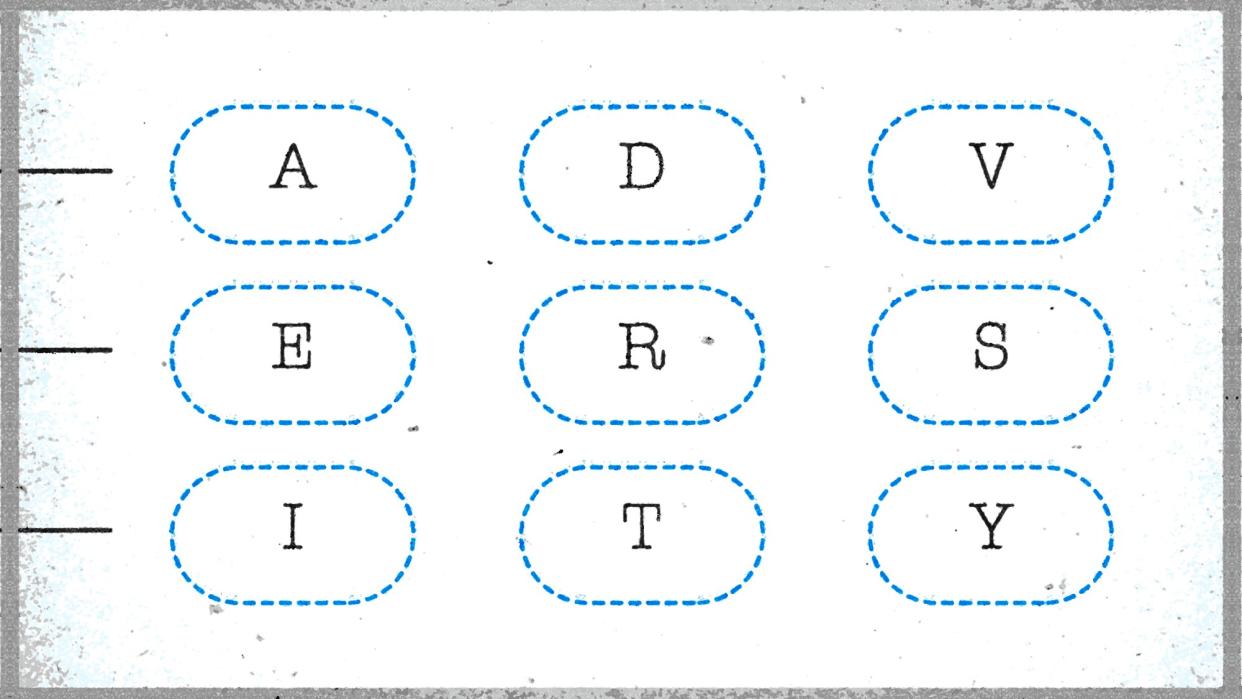The SAT Wants to Start Measuring Student “Adversity”

For a long time now, critics have accused the SAT of bias against black, Latino, and poor students applying for college. Meanwhile, the College Board, the nonprofit that produces and distributes the SAT, has been trying to find a way to factor students' socioeconomic backgrounds into its test scores. According to The Wall Street Journal, the College Board has settled on a way they'll actually measure that:
This new number, called an adversity score by college admissions officers, is calculated using 15 factors including the crime rate and poverty levels from the student’s high school and neighborhood.
An "adversity score" sounds almost satirically on the nose, like something a right-wing radio host would come up with to lampoon college culture. But along with race, wealth is also a heavy indicator of a student's success in life. And those imbalances start very early. A recent Georgetown University study found that in classes of kindergartners, students from wealthier families scored higher on aptitude tests. But the twist is, regardless of their test scores, by the time they were 25, seven out of ten of the students from wealthy families were affluent themselves, compared to three out of ten for everyone else. "If you’re born well off and you don’t show talent, you have a better chance of ending up in a good job than if you’re a low-income, talented student," the director for Georgetown's Center on Education and the Workforce told USA Today.
These tweaks to the SAT may sound familiar. The test makers have been trying to retool the test for a couple decades now to undo its bias for better-off students, and they've had to work so hard because the test was designed to give them preference. The man who constructed the test originally, Carl Brigham, was a literal eugenicist.
According to The Wall Street Journal, students themselves will never actually see their scores, and disadvantage, like privilege, is a difficult thing to quantify for comparison. But the College Board sent the "adversity scores" to 50 colleges this year as a beta test, and plans to expand that to 150 next year. Yale's dean of undergrad admissions told the paper that the scores are "affecting every application we look at," and the university claims to have doubled its number of low-income, first-generation admissions.
Originally Appeared on GQ

